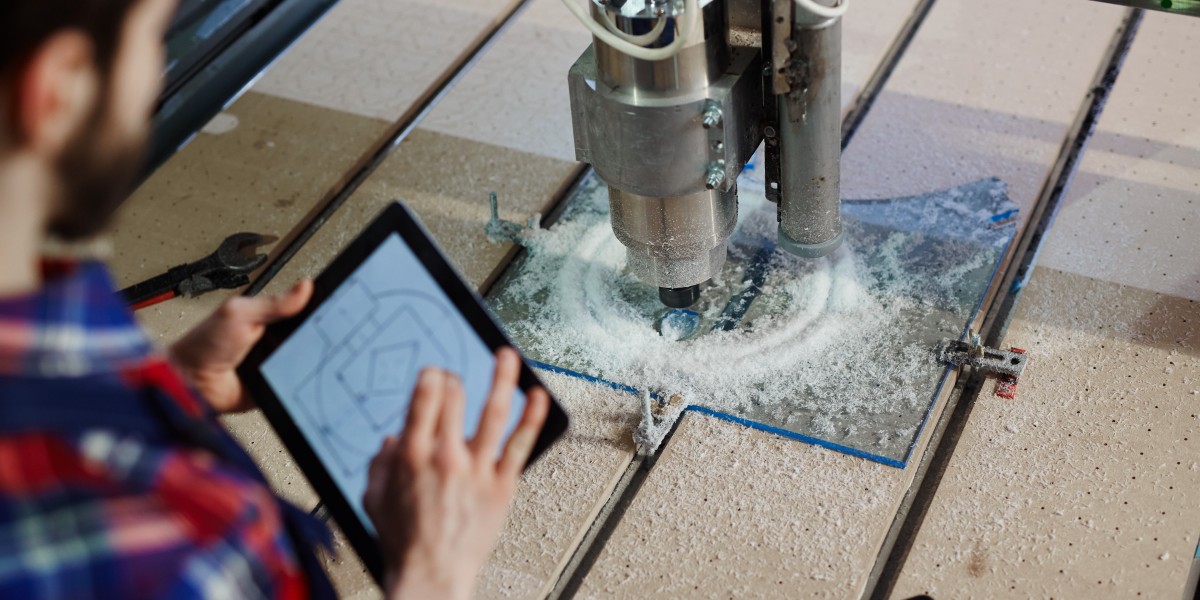Precision machining is essential in the aerospace industry, ensuring the production of high-quality parts that meet strict safety and performance requirements. This process involves creating incredibly accurate and reliable components, which are crucial in an industry where even small errors can have serious consequences.
What is Precision Machining?
Precision machining aerospace involves using specialized equipment to cut, shape, or finish materials to exact specifications. In the aerospace industry, this means parts that are lightweight, durable, and able to withstand extreme conditions. The process includes techniques like turning, milling, and grinding, which ensure every part fits perfectly and functions correctly.
Meeting Stringent Aerospace Standards
Aerospace manufacturing demands the highest precision. Parts must be durable and perform under extreme conditions such as intense heat, pressure, and wear. Precision machining plays a key role in making sure each component can handle the stresses of flight and still perform as required.
One key aspect of meeting aerospace standards is tight tolerances. In the aerospace industry, a tiny gap in a part can result in major issues. Therefore, using advanced machining techniques ensures each part is crafted exactly to specification. This accuracy is vital in everything from engines and turbines to control systems and structural components. The precise measurements help prevent problems like failures during flight.
Advanced Materials for Aerospace Parts
In aerospace, the materials used are just as important as the machining process itself. Precision machining allows manufacturers to work with a variety of advanced materials that might be challenging with traditional methods. These materials include titanium, aluminum alloys, and special composites that help keep aircraft lightweight and strong. Only the most accurate machining methods can work with these advanced materials to meet high standards for aerospace parts.
How Precision Machining Supports Safety
Safety is at the heart of everything in aerospace. A component’s failure can be catastrophic. Therefore, precision machining helps ensure that every part is made with exact specifications, avoiding potential weaknesses. This consistent quality gives aerospace manufacturers the confidence that each part will perform as expected, enhancing the overall safety and reliability of the aircraft.
By carefully controlling each step of the machining process, manufacturers can produce parts that fit together perfectly, ensuring everything operates smoothly. Parts made with precision machining can withstand the high-speed forces of flight and can function without fail for many years, giving airlines and military clients the trust they need for daily operations.
Concluding Thoughts
Precision machining is critical to the aerospace industry’s ongoing success. By maintaining strict standards for precision, safety, and durability, it helps produce reliable components that power the aviation industry. It also supports the use of advanced materials that play a crucial role in creating safe, efficient aircraft.
Furthermore, it’s worth noting that industries like aerospace often depend on other specialized supplies to ensure proper function, including DFARS Magnet suppliers in USA. These suppliers play an important role in providing materials that meet essential compliance standards for parts used in aerospace precision machining. In the end, a combined effort in precision machining aerospace standards and top-quality materials ensures the best results for both safety and performance.









